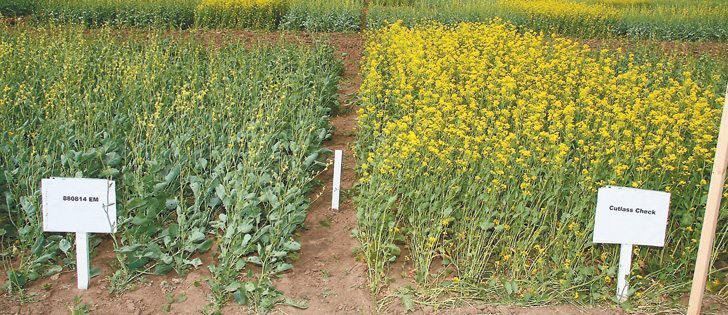HALIFAX —Sandra Bathgate used to wonder what more could be done to attract a younger crowd when she participated in fundraising mixers in rural Saskatchewan.
Today, she understands that the retired crowd is exactly who community leaders like her should be meeting.
Bathgate, a board member with Community Futures Mid Sask, talked about dealing with an aging population in rural communities during a workshop at the CF Network of Canada annual conference in Halifax late last month.
“When you look at the percentage of your community that’s over (60) and you take out the young ones, it doesn’t leave many left,” said Bathgate.
Read Also

Fuel rebate rule change will affect taxes and AgriStability
The federal government recently announced updates to the fuel rebates that farmers have been receiving since 2019-20.
She found that seniors older than 60 make up 35 percent of the population in municipalities near her mixed farming community at Central Butte, Sask.
More recently, she has learned how many are struggling with diminished pensions in a poor global economy.
Bathgate sees an opportunity to help sagging incomes and provide a casual local workforce.
“We’ve not been treating them like a resource,” said Bathgate. “I find you can take their expertise and transfer that information to work on something else,” she said.
“We’ve got to give them some credit for what they do know and the value they’ve got.”
Parrish Tung, mayor of Elk Point, Alta., said towns like his need to find ways to meet seniors’ specialized needs and keep them in their home communities.
He questioned whether small communities have enough funding and resources in place to be successful.
“Our Alberta government asks seniors to stay in their own place, but do we have the infrastructure and all those things available for them?” he said.
“I wouldn’t give them a failing grade, but I’d say we have to wait and see how well we can accomplish that.”
Volunteers in his town often shovel sidewalks and provide rides for seniors to services.
“It causes a lot of stress for seniors saying, ‘how I am going to get to Edmonton,’” he said.
The area recently lost its Greyhound passenger service, he added.
Seniors fared better in Saskatchewan’s Maidstone-Lloydminster region, which is a prosperous oil producing area that offers a wide range of services within a short commute.
Steve Tully, a board member with CF Northwest, said that’s a draw for families, including former residents who are returning in retirement.
Tully, who ran a grocery store in Maidstone for 35 years, said the biggest lesson he learned in dealing with seniors is to include them in planning before forging ahead.
“You have to do something for seniors that they want. Just because you did something, if they didn’t want it, they won’t participate.”














